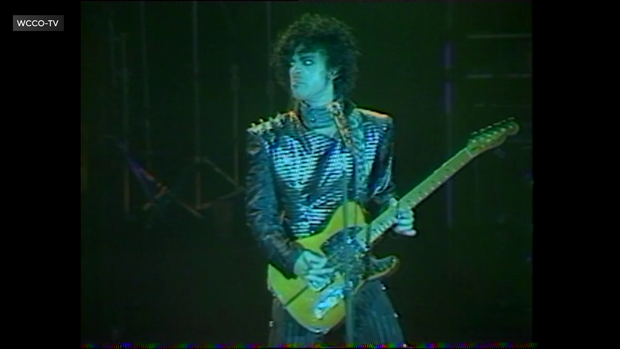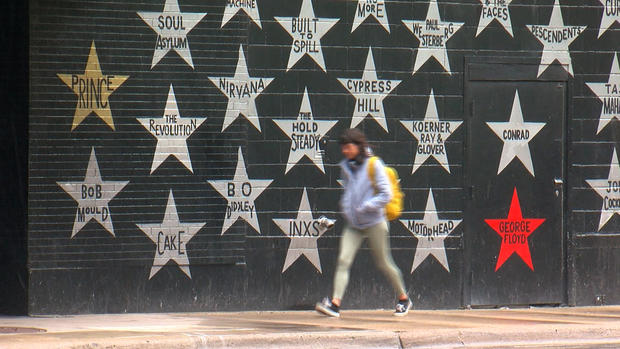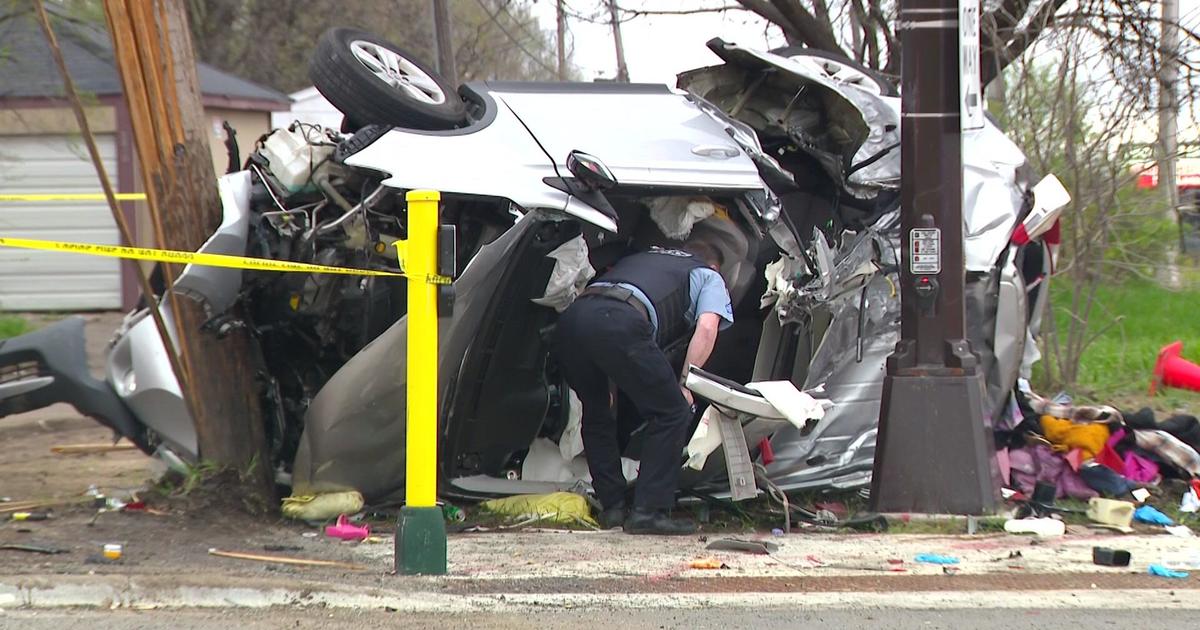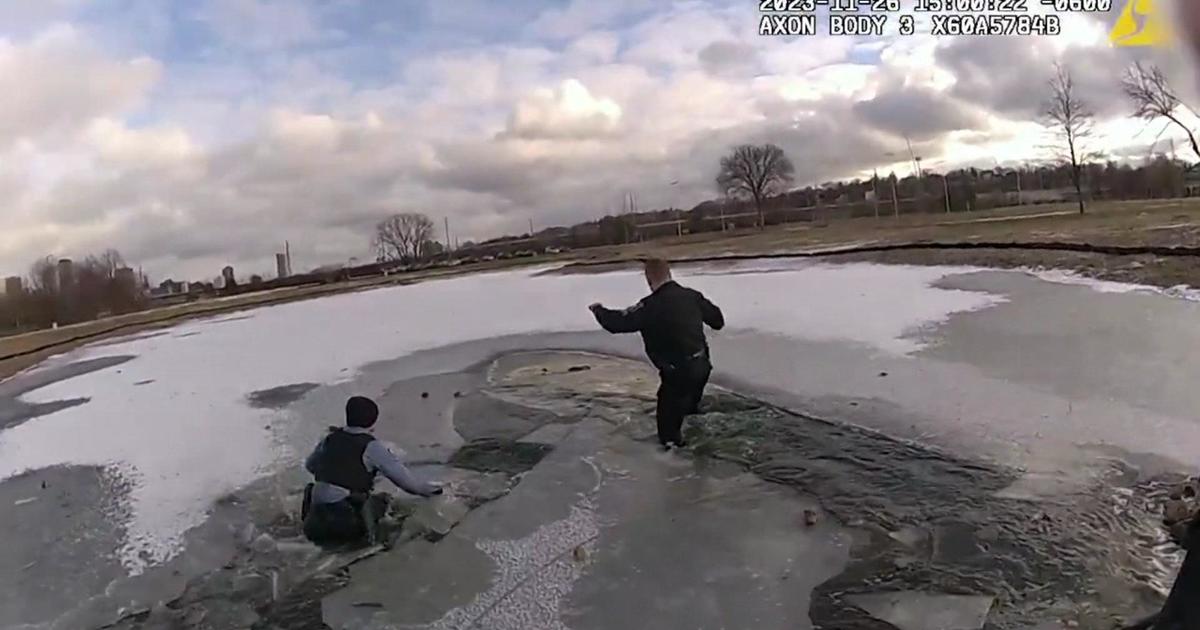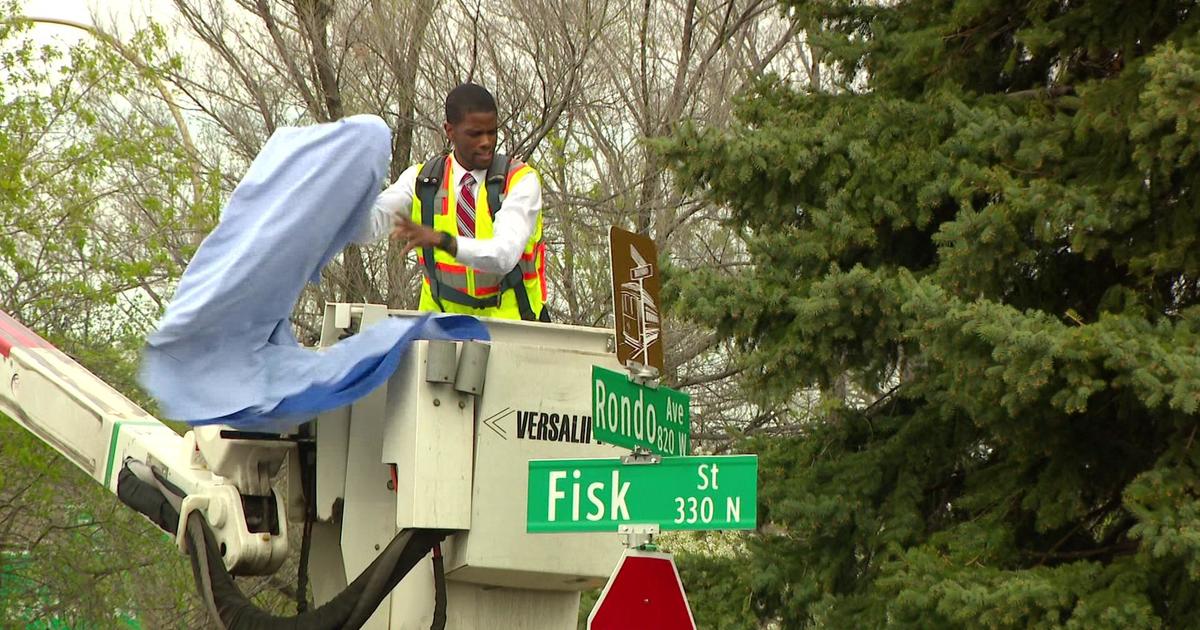54 years ago, iconic Minneapolis music venue First Avenue opened its doors
MINNEAPOLIS — On April 3, 1970, First Avenue nightclub opened its doors for the first time in downtown Minneapolis.
Interestingly enough, the venue was originally a Greyhound bus station. The bus station opened it's doors in 1937, and lived on the corner of First Avenue and Seventh Street until 1968 when it was relocated to Second Avenue North.
According to First Avenue's website, Allan Fingerhut of the Fingerhut catalog fortune, acquired the building a year later. Fingerhut, with the help of other investors, transformed the old bus station into the nightclub we know and love today.
Joe Cocker was the opening act in 1970, and the venue has gone on to launch countless careers. A picture of a flier for opening night on First Avenue's website shows that tickets were only $4.
Some big names came through the doors of First Avenue in the 70s, including Frank Zappa, Tina Turner, Iggy & the Stooges, Chubby Checker, The Kinks, The Allman Brothers, B.B. King, Rod Stewart, Pat Benetar, The Ramones, U2, amongst many others.
Steve McClellan and Jack Meyers, two long-time managers of the club, took the venue to the next level in the 1980s, shifting the focus of venue bookings from disco to more modern artists.
However, First Avenue may have hit rockstar status when it was featured by hometown hero Prince in his 1984 film "Purple Rain."
The legacy of acts that perform at First Avenue continues to keep the spirit of the venue alive.
But what happens inside the venue isn't the only thing that catches the eye of patrons.
The exterior of the building has come to be known by its recognizable mural of musician's names. More than 425 names, in fact, emblazon the outside of First Avenue, each inside its very own painted star.
In 2004, Fingerhut closed the venue and filed for bankruptcy.
Calls from the community, including then-mayor R.T. Rybek, led to McClellan and Meyers buying the club from Fingerhut. First Avenue reopened less than two weeks later under their ownership.
First Avenue closed again during the COVID-19 pandemic and reopened in 2021. The venue is one of the most iconic, independently owned, local clubs in the country.
